When society’s fabric unravels and traditional law enforcement becomes unreliable, personal safety becomes your top priority. In times of chaos, the skills and preparations you’ve made beforehand can mean the difference between security and vulnerability. Whether it’s a natural disaster, economic collapse, or civil unrest, being ready to protect yourself and your loved ones is crucial. These 15 expert tips will help you navigate the challenges of a world where the usual rules no longer apply, ensuring you’re prepared for whatever comes your way.
Strengthen Your Home Security

Turn your home into a fortress without making it look like one. Install solid core doors with deadbolts and reinforce window frames. Use security film on windows to make them shatter-resistant. Plant thorny bushes under windows to deter intruders. Remember, the goal is to make your home a hard target without advertising its defenses. Consider installing a simple alarm system with battery backup to alert you of intrusions even during power outages.
Create a Neighborhood Watch
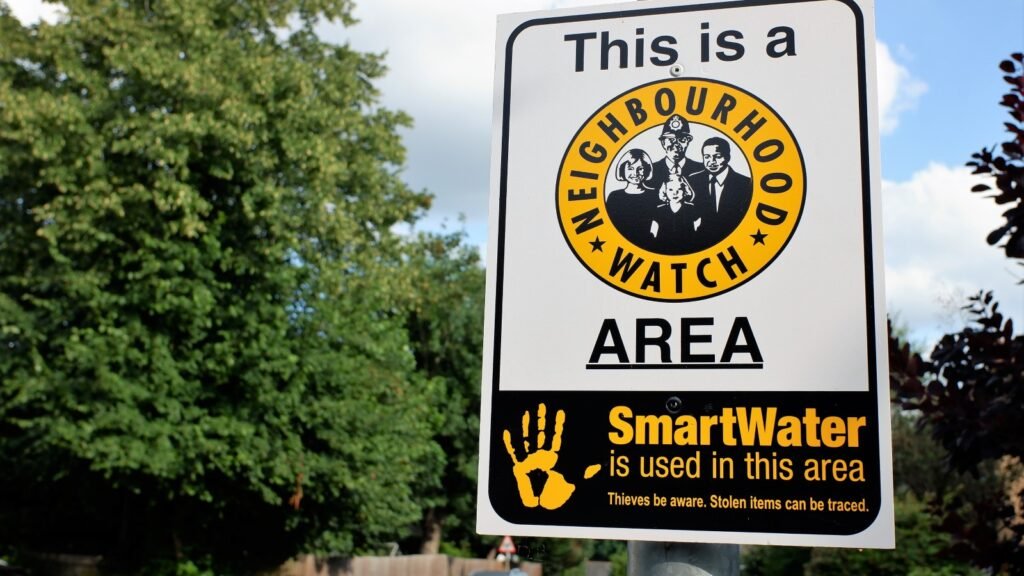
In times of crisis, your neighbors can be your best allies. Organize a neighborhood watch program now, while things are calm. Set up communication channels, agree on signals for emergencies, and practice drills together. A united community is a strong deterrent to those who might take advantage of lawlessness. Establish a system for sharing resources and skills within your neighborhood to increase overall resilience.
Master Situational Awareness

Develop a constant state of relaxed alertness. Practice observing your surroundings, identifying potential threats, and planning escape routes wherever you go. Train yourself to notice details about people and environments. This skill can help you avoid danger before it becomes a direct threat. Use the “color code” system (White, Yellow, Orange, Red) to assess your environment and maintain appropriate levels of awareness.
Establish a Safe Room

Designate a secure space within your home where you can retreat if threatened. Stock it with essentials like water, non-perishable food, first aid supplies, and communication devices. Reinforce the door and walls if possible. Make sure everyone in your household knows the plan for using the safe room. Include a hidden method of calling for help, such as a concealed cell phone or emergency radio.
Learn Basic Self-Defense

You don’t need to be a martial arts expert, but knowing how to defend yourself is crucial. Focus on simple, effective techniques that work against larger opponents. Practice regularly with family members. Remember, the goal is to create an opportunity to escape, not to win a fight. Learn to use everyday objects as improvised weapons, such as keys, pens, or a rolled-up magazine.
Stockpile Essential Supplies

Prepare for extended periods without access to stores or services. Stock up on non-perishable food, water, medications, and hygiene supplies. Aim for at least a three-month supply. Don’t forget items like batteries, candles, and a hand-crank radio. Rotate your stocks to keep everything fresh. Include comfort items and morale boosters in your supplies, as psychological well-being is crucial during long-term emergencies.
Develop a Communication Plan
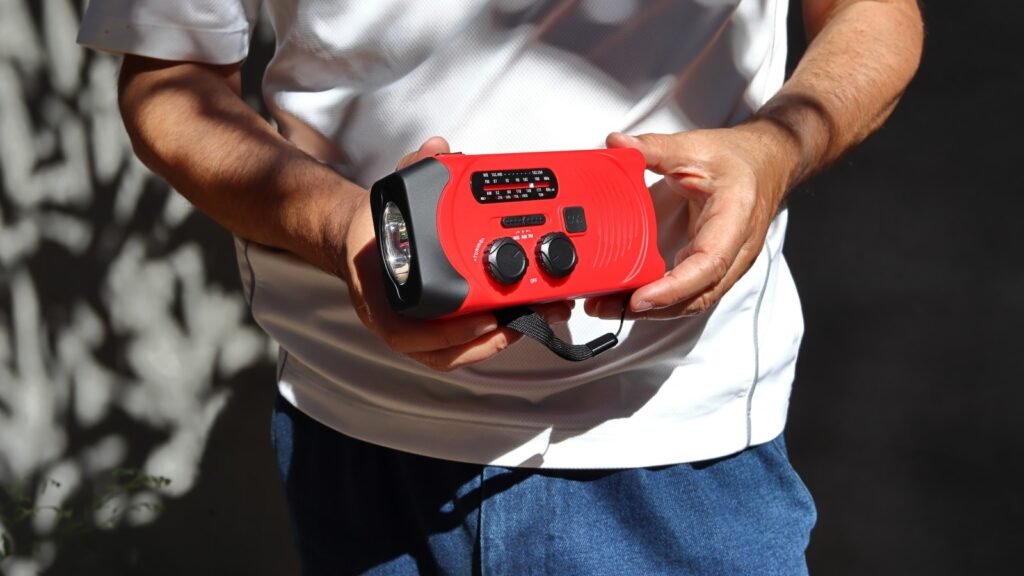
In a crisis, staying in touch with loved ones is vital. Create a communication plan that doesn’t rely on cell phones or the internet. Consider investing in two-way radios with a range of at least 5 miles. Agree on check-in times and alternative meeting places with your family. Learn basic radio protocols and consider getting a ham radio license for wider communication capabilities.
Practice Operational Security

Be cautious about sharing information about your preparations. In a lawless situation, knowledge of your supplies could make you a target. Use discretion when discussing your plans, even with friends. Practice bringing in supplies at night or in unmarked containers to avoid drawing attention. Develop a cover story for your preparations, such as “camping gear” or “emergency supplies for elderly relatives,” to explain your actions if questioned.
Improve Your Physical Fitness

Being in good shape can be a lifesaver in a crisis. Focus on cardiovascular endurance and functional strength. Include exercises that mimic real-world situations, like carrying heavy objects or climbing. Remember, in an emergency, you might need to move quickly or defend yourself for extended periods. Incorporate stress inoculation into your training by practicing skills under physical duress to better prepare for high-pressure situations.
Learn Basic First Aid and CPR
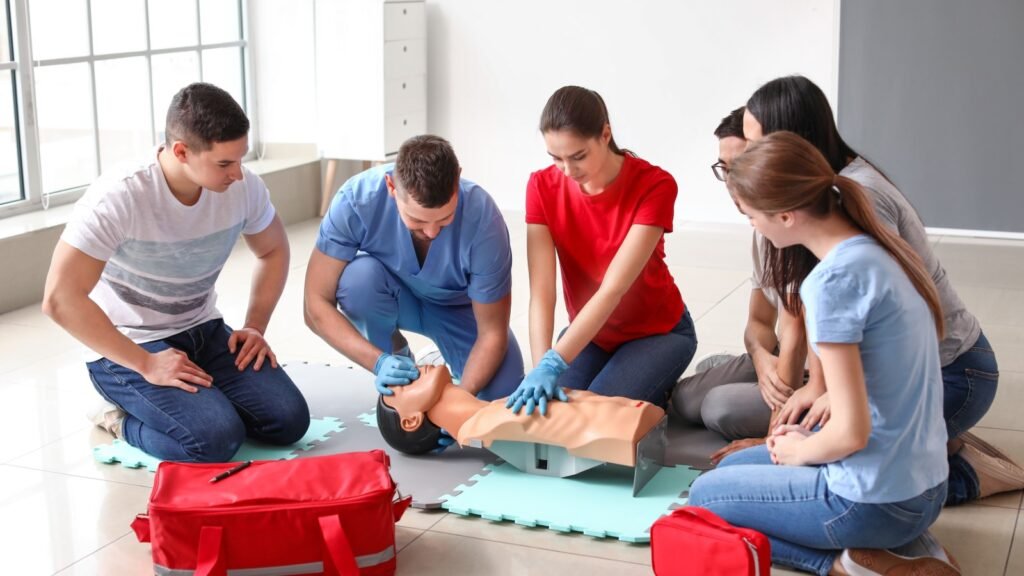
With medical services potentially unavailable, knowing how to treat injuries is crucial. Take a comprehensive first aid course that covers wound care, fracture management, and CPR. Stock a well-equipped first aid kit and know how to use everything in it. Practice your skills regularly to stay sharp. Learn about natural remedies and alternative medicine to supplement your medical knowledge when conventional treatments may be unavailable.
Develop Multiple Escape Routes

Don’t rely on a single plan to get out of dodge. Map out at least three different routes from your home to a safe location. Include both vehicle and on-foot options. Familiarize yourself with these routes and practice them under different conditions. Keep physical maps in case GPS is unavailable. Identify potential choke points or danger areas along each route and plan alternatives accordingly.
Create a Gray Man Strategy

In a lawless environment, blending in can be safer than standing out. Develop a “gray man” appearance that doesn’t draw attention. Choose nondescript clothing and avoid tactical gear in public. Practice moving through crowds without being noticed. The ability to be invisible in plain sight can be a powerful safety tool. Adapt your gray man strategy to different environments, from urban areas to rural settings.
Establish a Mutual Aid Network

Build relationships with people who have complementary skills and resources. This could include mechanics, medical professionals, or farmers. Create informal agreements to help each other in times of need. Remember, a diverse network of capable individuals is stronger than trying to do everything alone. Regularly practice and share skills within your network to strengthen bonds and improve overall group capability.
Master Basic Survival Skills
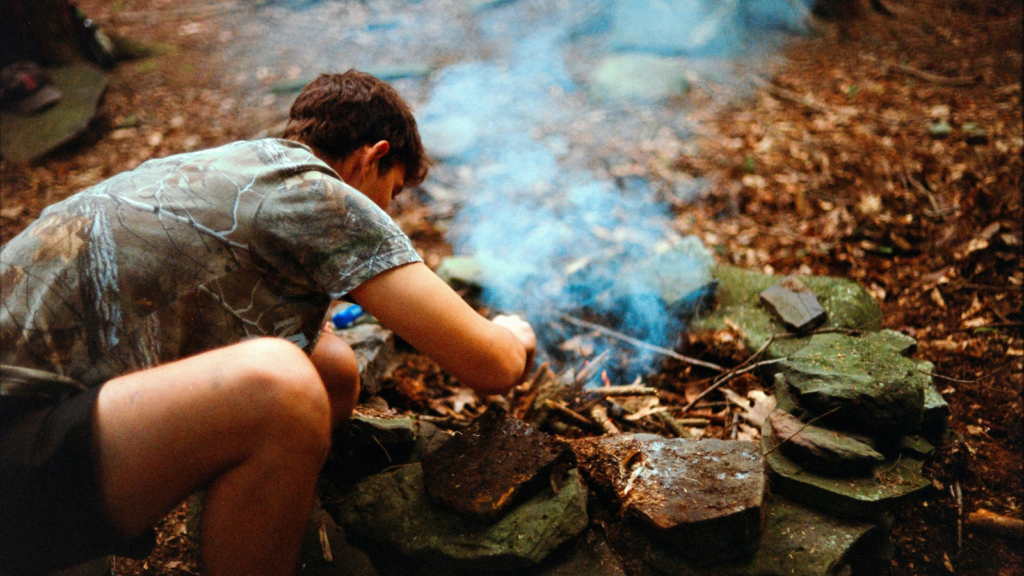
Learn skills that will serve you if you need to leave your home. Practice fire-starting, water purification, and basic foraging. Know how to build a simple shelter using materials you can find in your environment. These skills can keep you alive if you’re forced to bug out with minimal supplies. Develop proficiency in at least three methods for each crucial survival task (fire, water, shelter, food) to ensure adaptability in various situations.
Maintain Operational Readiness
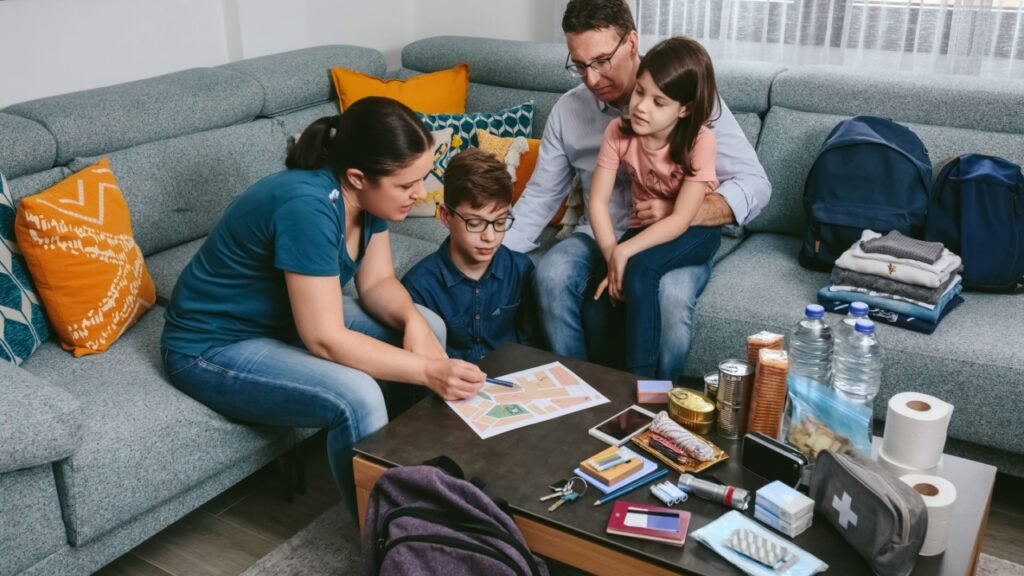
Regular practice and drills are essential. Run through your emergency plans monthly. Check and maintain your equipment. Rotate food and water supplies. Involve your whole family in these activities. In a real crisis, you’ll fall back on what you’ve practiced, so make sure those habits are solid. Conduct surprise drills to test your family’s readiness and identify areas for improvement in your plans.

